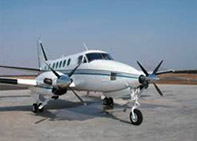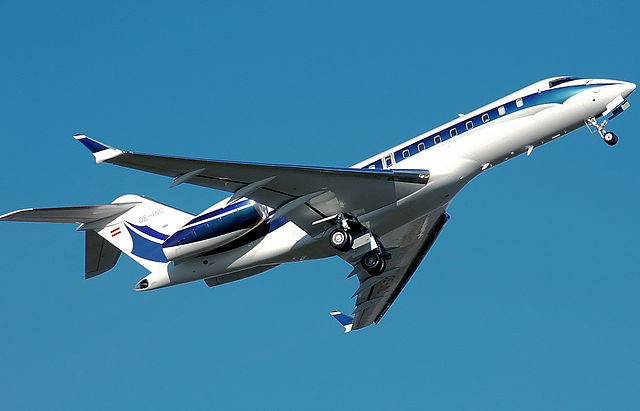After thorough research and survey, bio fueled jet planes have proven to be very useful, and environmental-friendly in the aviation industry. The fuel consumed by these planes is easily renewable and doesn’t seem to pose any difficulties.
Thanks to the scientists’ new technology, the few challenges posed by these jet planes have been quickly and tactfully resolved. The scientists have implemented the greenhouse cycle to make this bio fueled jet planes a success. This technique has the power to produce automotive lubricant as well as biodegradable aviation oil. These products are being created by combining various chemical catalysts and implementing it using the greenhouse effect.
This bio fueled jet planes have some strict specifications for them to function without fail. The fuels produced for these jets have to be oxygen-free. They should also attain a specific boiling point as well as lubricity. While propelling the plane charter, the biofuel should not become gelatinous under cold atmospheres. The materials to produce these biofuels for the jet planes are not limited. They can also be made from non-food agricultural products and waste which are fermented genetically. Using biorefineries to produce these biofuels is a less expensive way to cultivate these bio-lubricants and the hydrocarbon fuel.
Most researchers have advocated for the use of sugarcane to produce these biofuels. However, more excellent options are being considered and researched on. The good thing is that after producing the biofuel to service the private jet charter, the residuals can be used to make other products. With this in mind, operators can optimize residual effects or burn them to produce heat and electricity. This heat and electricity produced in the refineries is the one used to now make the biodegradable fuels for aviation purposes. So generally, nothing goes to waste during this process.








Leave a Reply
You must be logged in to post a comment.